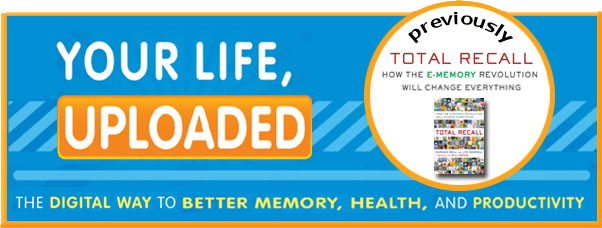NY Times: How to Lose a Legacy
 Saturday, July 17, 2010 at 4:58PM
Saturday, July 17, 2010 at 4:58PM On July 12, 2010 Ellen Lupton wrote about the conflict of legacy artifacts:
"An “heirloom” is an object steeped in family history, handed down from generation to generation: your mother’s wedding dress, your grandma’s espresso cups, your great uncle’s underwear. You can’t buy an heirloom at Pottery Barn or Ikea. It comes via gift, bequest or a heated sibling brawl. But who’s to say you actually want this stale old stuff?
The desire to pass objects on to one’s offspring is part of our longing for immortality. Even folks in the “die broke” crowd, determined to enjoy their remaining assets rather than leave them to the ungrateful grandkids, may secretly hope the family will love and honor their dearest possessions. In a culture of scarcity, useful things are rarely discarded, but in a land of superabundance and incessant newness, inheriting a household packed to the windowsills with books, furniture and memories of drunken holiday infighting can be more burden than blessing."
Total Recall covers this conflict. Jim and I wrote about the other side--too many have a claim to a single artifact. To us the issue is clear--get rid of physical stuff and replace it with more accessible and reproducible bits hat you can enjoy more often through a screen saver or videos. Pass on the artifact while you have control and insure that it goes to someone who will appreciate it. Capture the precious artifact or whatever in gory detail including video, audio recordings, photos or 3 D photos and then share these bits widely with all of those who would have otherwise "fought" over it, or who would have discarded it.

